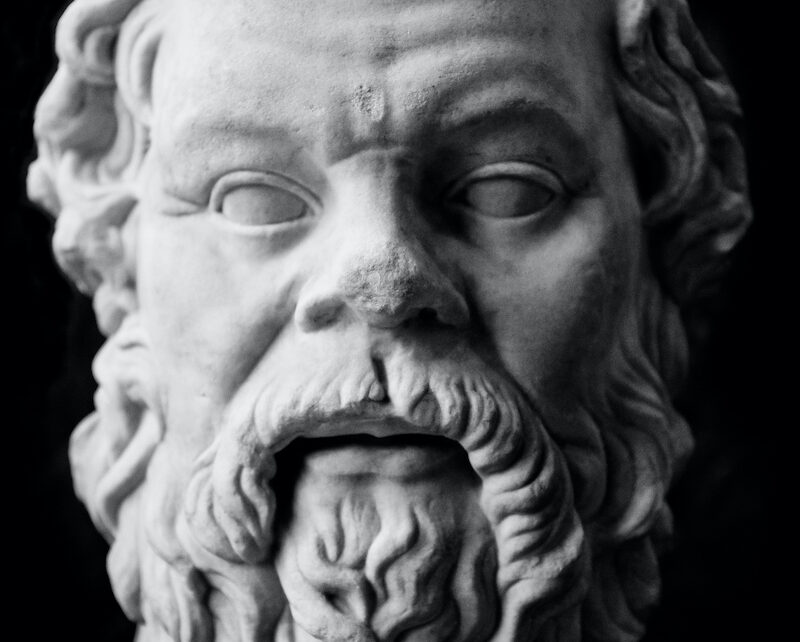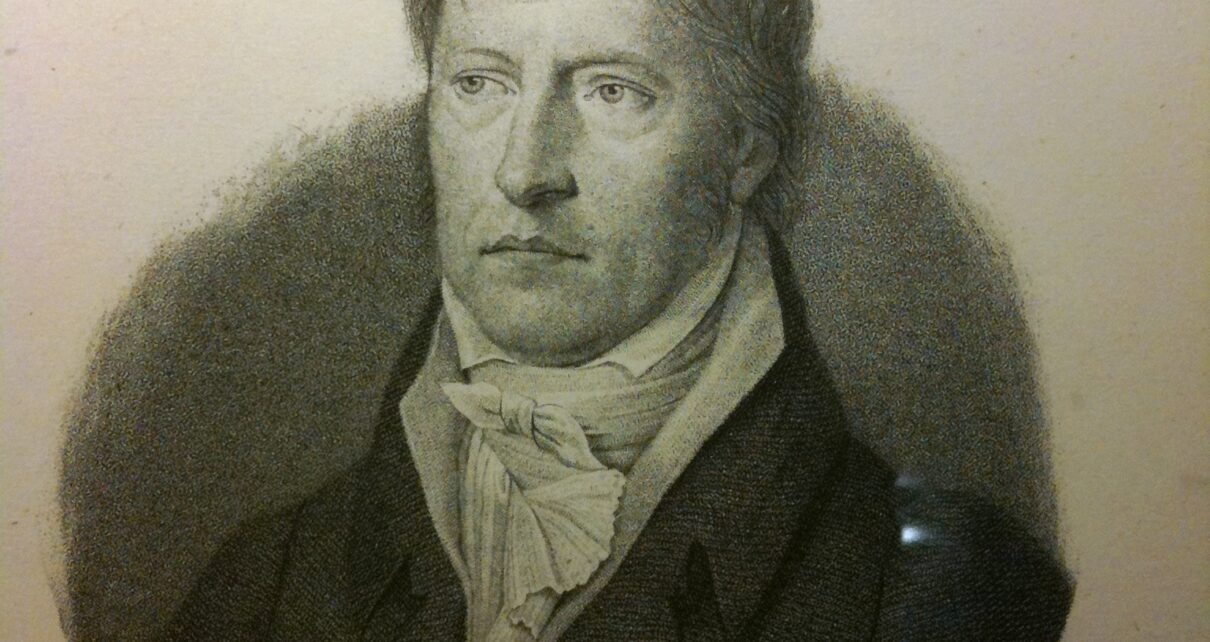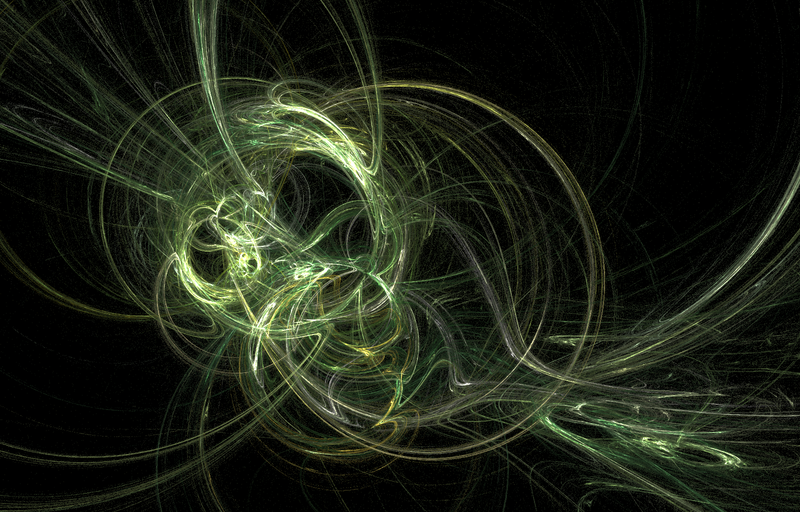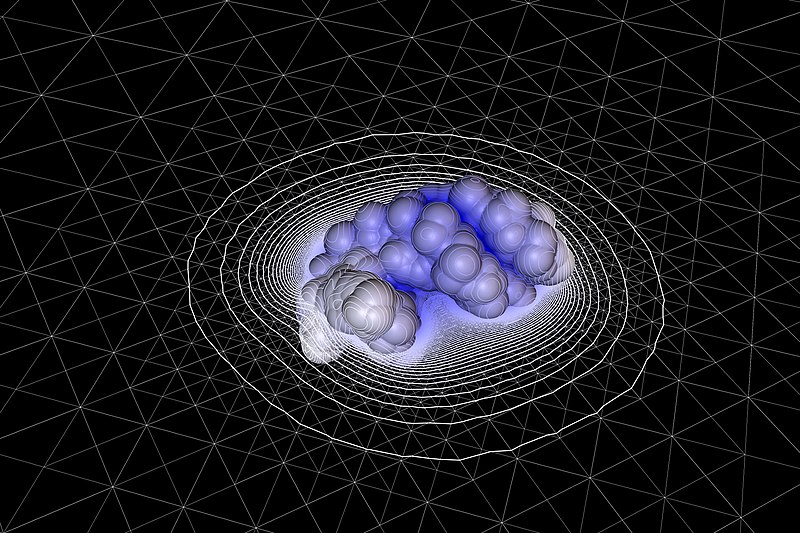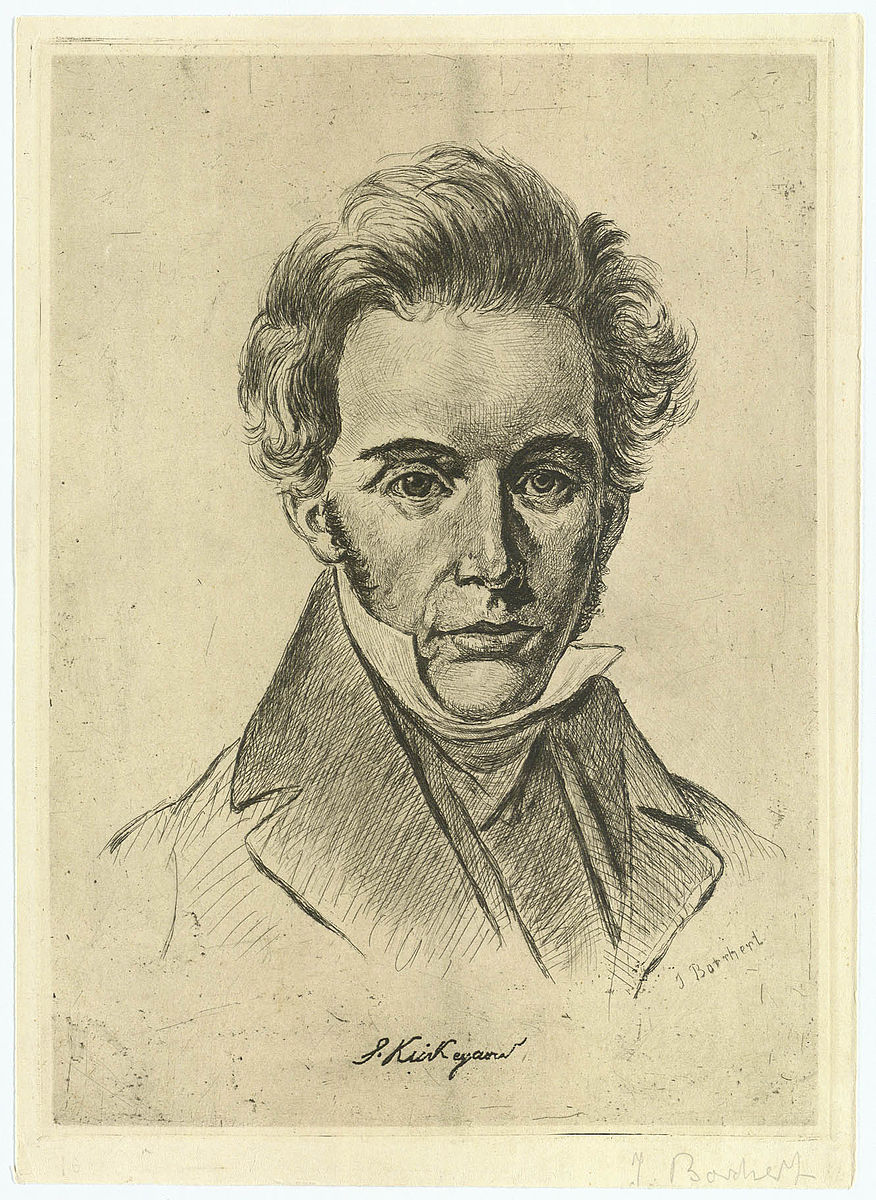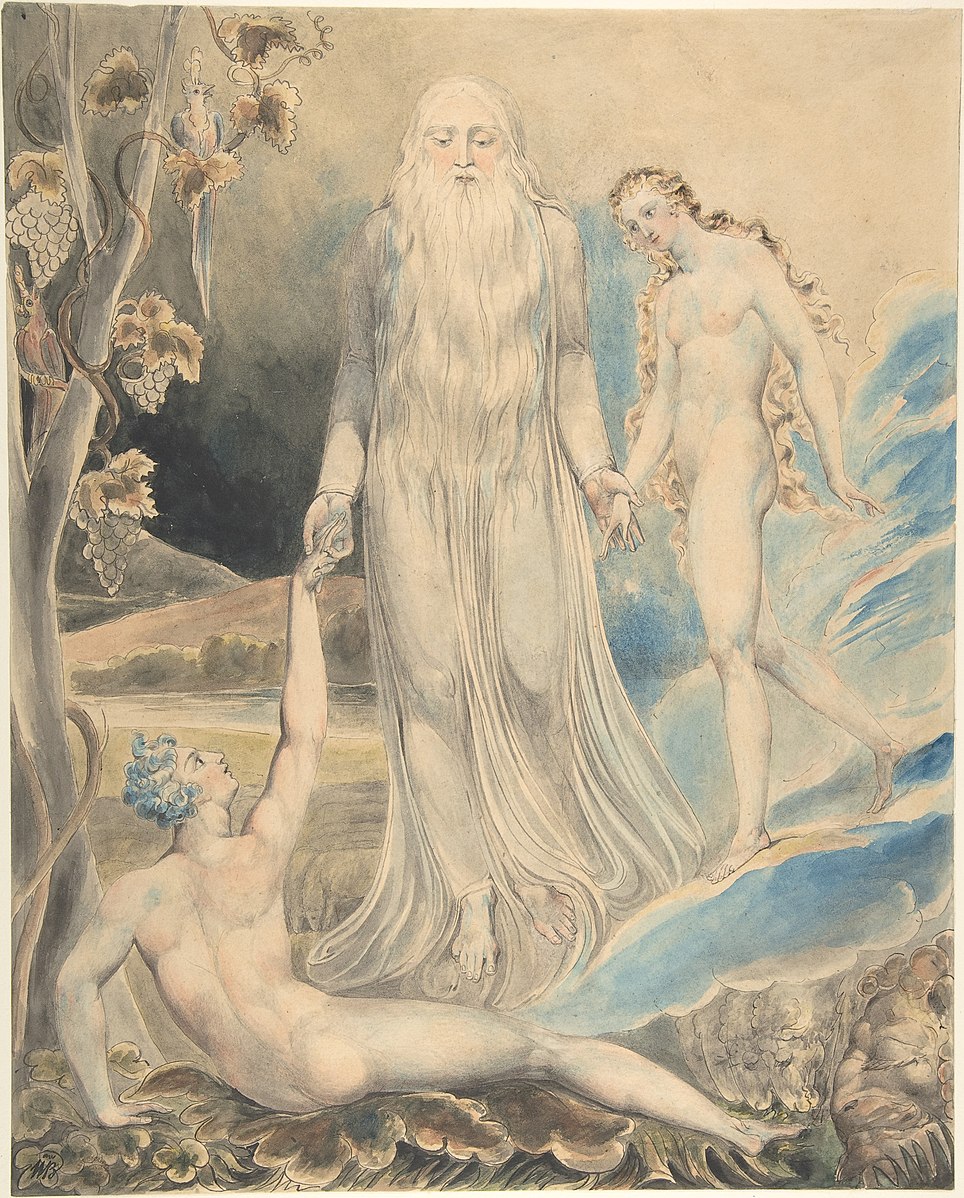The following is the last of a three-part series. The first can be found here, the second here. The earlier article by Prof. Hyman to which the author replies can be found here. In Hegel Contra Sociology Rose argued that the negation of critical consciousness was preserved not just as the interminable repetition of antinomy, but as […]
Philosophical Theology
Hegel Contra God – Replying To Gavin Hyman’s “New Hegel”, Part 2 (Rebekah Howes)
The following is the second of a three-part series. The first can be found here. The earlier article by Prof. Hyman to which the author replies can be found here. But what is always at stake in these arguments, writes Hyman, is the question of the contamination of the Absolute or God. Can we still speak […]
Hegel Contra God – Replying To Gavin Hyman’s “New Hegel”, Part 1 (Rebekah Howes)
The following is the first of a three-part series. The earlier article by Prof. Hyman to which the author replies can be found here. Gavin Hyman’s ‘The ‘New Hegel’ and the Question of God,’ in the Journal for Cultural and Religious Theory [1] raises the age old and yet still timely question about the knowability […]
The Futurity Of God, Part 2 (Lenart Škof)
The following is the second of a two-part series. The first can be found here. In a chapter titled “The Magic of Being Mormon”, [1] Stephen H. Webb presents us with an account on magic within Mormonism and its theology. Within Christianity, calling something magical, or the magic label itself, clearly, can only serve as […]
The Futurity Of God, Part 1 (Lenart Škof)
The following article is published in two parts. God is the Future Itself: From Ruyer to Mormonism God, if we hold to this word, is the future itself, or rather the eternal reservoir beyond time and creating time, who constantly projects himself or pours himself into the present (…).[1] In this essay on the futurity […]
“Scale Relative Ontology” And Simone Weil’s Spiritual Philosophy, Part 2 (N.E. Boulting
The following is the second of a two-part series. The first can be found here. Simone Weil’s Rejection of “The New Science” Two not unrelated factors result in her rejection of ‘the New Science’ besides her opposition to Planck’s stance on Quantum Theory. The first is her emphasis upon Plato’s ontology rather than Plato’s epistemology. […]
“Scale Relative Ontology” And Simone Weil’s Spiritual Philosophy, Part 1 (N.E. Boulting)
The following is the first of a two-part series. Can the debilitating effects of Scientism – identifying knowledge solely “with science” – be overcome? To answer that question, Simone Weil’s treatment of her three historical categories – Greek Science, Classical Science and Contemporary Science – can be compared to Don Ross’s conception of ‘Scale Relative […]
Revolutionary Love – Kierkegaard’s Gift Economy As A Religious Corrective To The Leveling Of The Public Sphere, Part 2 (Andrew Ball)
The following is the second insatallment of a three-part series. The first can be found here. Kierkegaard’s Agapic Gift Economy In his late authorship Kierkegaard articulates the social ontology that has implicitly grounded his previous works, calling for his readership to reassess the site and mode of Kierkegaard’s beginnings, the starting point of existential relation. […]
Revolutionary Love – Kierkegaard’s Gift Economy As A Religious Corrective To The Leveling Of The Public Sphere, Part 1 (Andrew Ball)
The following is the first of a three-part series. Though Kierkegaard is typically considered to be the consummate philosopher of the single individual, his critique of secular modernity and institutional Christendom provide us with greater insight into the place of the social and political spheres in the trajectory of his authorship and existential thought. His […]
Speaking Of God’s Presence As Non-Contrastive Transcendent Distinction (Joyce Konigsburg)
To speak or not to speak of God is an important yet rather uncomfortable question that participants encounter during interreligious and interdisciplinary dialogue. Several Eastern religions, philosophers, and scientists claim God is either non–existent, absent, or “dead” in relation to the cosmos. Conversely, other faiths believe God’s absolute presence embraces everything. For Abrahamic traditions, God […]
